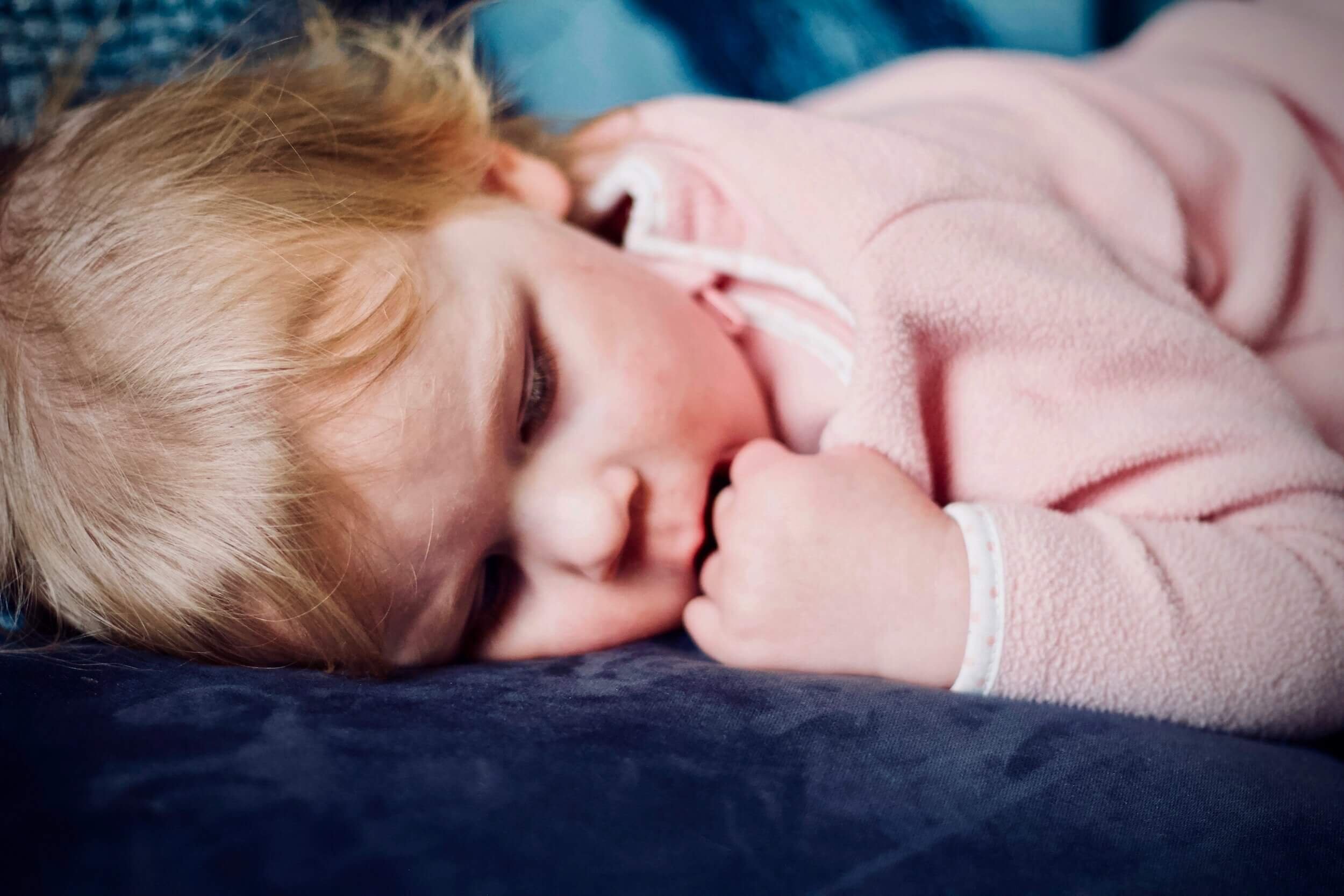Insufficient sleep has been labelled “a serious public health problem among children” by a leading paediatrician, with one study suggesting that sleep problems affect between 25 and 50% of young children.
Sleep is an essential building block for your child’s mental and physical development. Without sufficient sleep, as every parent knows, toddlers and young children can become grumpy and hyperactive, with effects that mimic ADHD. But more serious than that, a lack of sleep has also been linked to issues with the immune system, an increased risk of anxiety and depression and even future cardiovascular risks in the form of high blood pressure, obesity and diabetes.
In this guide, we take a look at the different ways a lack of sleep affects toddlers and young children, explore how much sleep they need and share a few tips to help them sleep better.
How much sleep is enough?
Generally, most children need more than the seven to nine hours of sleep recommended for adults.
-
Toddlers need 11-14 hours of sleep every 24 hours. That’s typically 10-12 hours at night and one or two hours during the day.
-
Children aged three to five should get 10-13 hours of sleep a night. Some may also have a daytime nap of up to an hour.
-
Children aged five to 10 require 10 to 11 hours of sleep.
-
Those aged 10 to 17 need between 8.5 and 9.25 hours of sleep a night.
If your child falls asleep within 15 to 30 minutes after going to bed, wakes up easily at the right time and is awake and alert throughout the day without napping, those are sure signs they’re getting enough sleep.

How poor sleep affects your child
Your child’s body and mind need sleep to repair themselves. Even getting just half an hour less sleep than they need can derail that process and potentially cause issues that we can help you do without.
Weight gain
A lack of sleep can make kids hungrier and more drawn to high-calorie foods. That’s because when your child is tired, their body produces more of the hormone that makes them hungry but less of the hormone that tells them they’re full. A lack of sleep can also affect your child’s metabolism.
Bad moods
Children who don’t have enough sleep have more difficulty regulating their emotions. They can be more irritable, impatient, depressed, aggressive and experience impulse control issues. All the things that make your job as a parent more difficult.
Poor judgement
Sleep-deprived children also make worse decisions. It can cause their mental function to be reduced and impair their decision-making process, shorten their attention span and reduce their memory function.
More illnesses
Studies suggest that children who are consistently tired become ill more often, simply because they don’t get enough restorative sleep to strengthen their immune system.

Tips to help your child get a great night’s sleep
Research shows that a consistent bedtime routine is the key to helping your child get enough sleep. You should:
-
Keep a regular bedtime
-
Put on pyjamas and brush your child’s teeth
-
Read a book, sing lullabies or take a bath
-
Turn off bright lights and any screens
-
Use dark curtains to block out the light or use a nightlight if they’re scared of the dark
-
Set the thermostat to a cooler temperature
-
Keep the bedroom quiet or use white noise to mask sounds from outside
-
Provide a healthy diet and avoid large meals, caffeine and sugary treats before bedtime
Want to talk about this or any other sleep issues your child is experiencing?
We are here to help , so please book a free consultation call if you’d like to talk about your child’s sleep.



